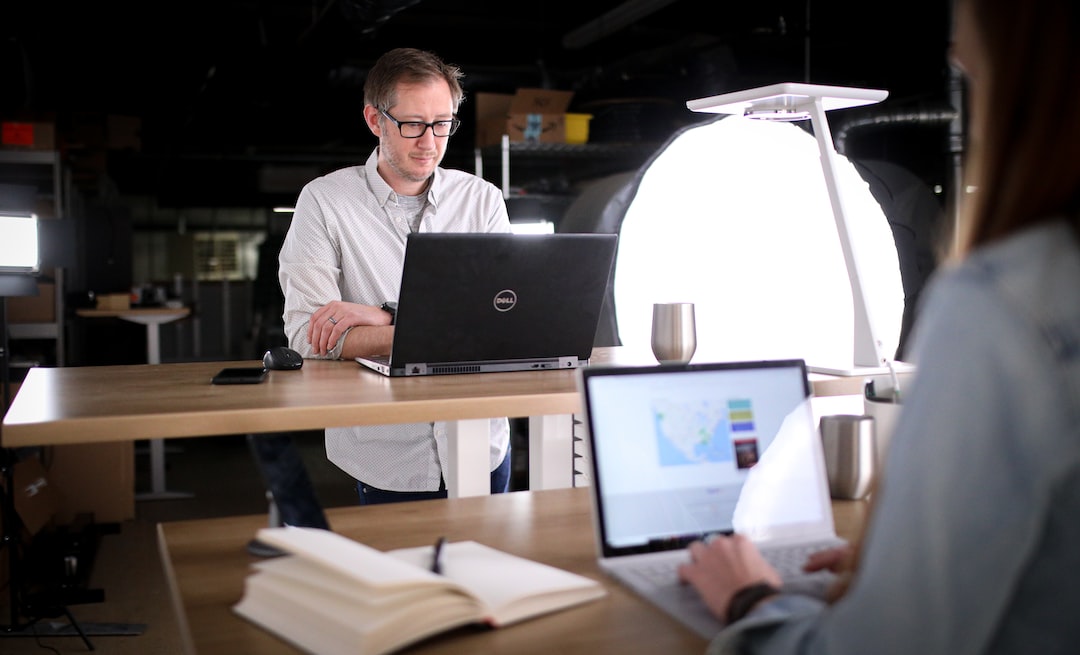The Future of Artificial Intelligence in the Job Market
Artificial intelligence (AI) has been making waves in various industries, revolutionizing the way we live and work. From self-driving cars to virtual assistants, AI has shown immense potential in enhancing efficiency and automating tasks. As technology continues to advance at an unprecedented rate, many people are left wondering about the future of AI in the job market. Will AI be a threat to human employment or will it create new opportunities? Let’s delve into the topic and explore what lies ahead in the era of AI.
It is no secret that AI has already started to impact the job market, with certain industries experiencing significant transformations. For instance, jobs that involve repetitive tasks, such as assembly line work or data entry, are gradually being replaced by AI systems. This trend is expected to continue as AI becomes more sophisticated and capable of performing complex tasks that were once exclusive to humans.
However, it is crucial to understand that while AI may eliminate certain jobs, it also has the potential to create new ones. According to a report by the World Economic Forum, AI has the capability to create more than 12 million new jobs by 2025. These jobs will arise from the development and implementation of AI technologies, as well as the need for specialized roles in AI research and development.
One area where AI is set to thrive is in healthcare. The use of AI in diagnosing diseases and analyzing medical imagery has already shown promising results. AI systems can analyze vast amounts of medical data and provide accurate diagnoses at a faster pace than human doctors. This will not only enhance patient outcomes but also free up healthcare professionals to focus on delivering personalized care. Additionally, AI can be utilized in medical research and drug discovery, paving the way for more advancements in the field.
Another sector that will see a significant transformation is customer service. Virtual assistants, powered by AI, are already being used by various companies to handle customer queries and provide support. These virtual agents can provide round-the-clock service and handle large volumes of inquiries. While human customer service jobs may diminish, there will be an increased need for AI specialists to develop and maintain the virtual assistants, ensuring they provide accurate and personalized responses.
Education is yet another field that will witness the influence of AI. AI-powered tutoring systems can provide personalized learning experiences to students, catering to their individual needs and pace of learning. These systems can identify learning gaps, recommend suitable learning materials, and provide immediate feedback. While personalized tutoring may reduce the demand for human teachers, it opens up opportunities for educators to focus on developing higher-order skills in students and providing mentorship.
Despite the potential benefits, the rise of AI in the job market does raise concerns about unemployment and inequality. There is a fear that AI will primarily benefit those with higher technical skills, leaving low-skilled workers at a significant disadvantage. This calls for a focus on reskilling and upskilling the workforce, ensuring that individuals are equipped with the necessary skills to thrive in the AI-driven job market. Governments and organizations must invest in training programs and initiatives that promote lifelong learning.
Moreover, there is a growing need for ethical considerations in the development and deployment of AI systems. AI must be designed with transparency, fairness, and accountability in mind. Steps must be taken to address biases in algorithms and ensure that AI is used for the betterment of society as a whole.
In conclusion, the future of AI in the job market is both promising and challenging. While AI will undoubtedly automate certain tasks and eliminate certain jobs, it will also create new opportunities and open up avenues for innovation. The key lies in embracing AI as a tool for augmentation rather than replacement. By leveraging AI alongside human skills and expertise, we can unlock the full potential of this technology and create a future where humans and machines work together for the betterment of society.
